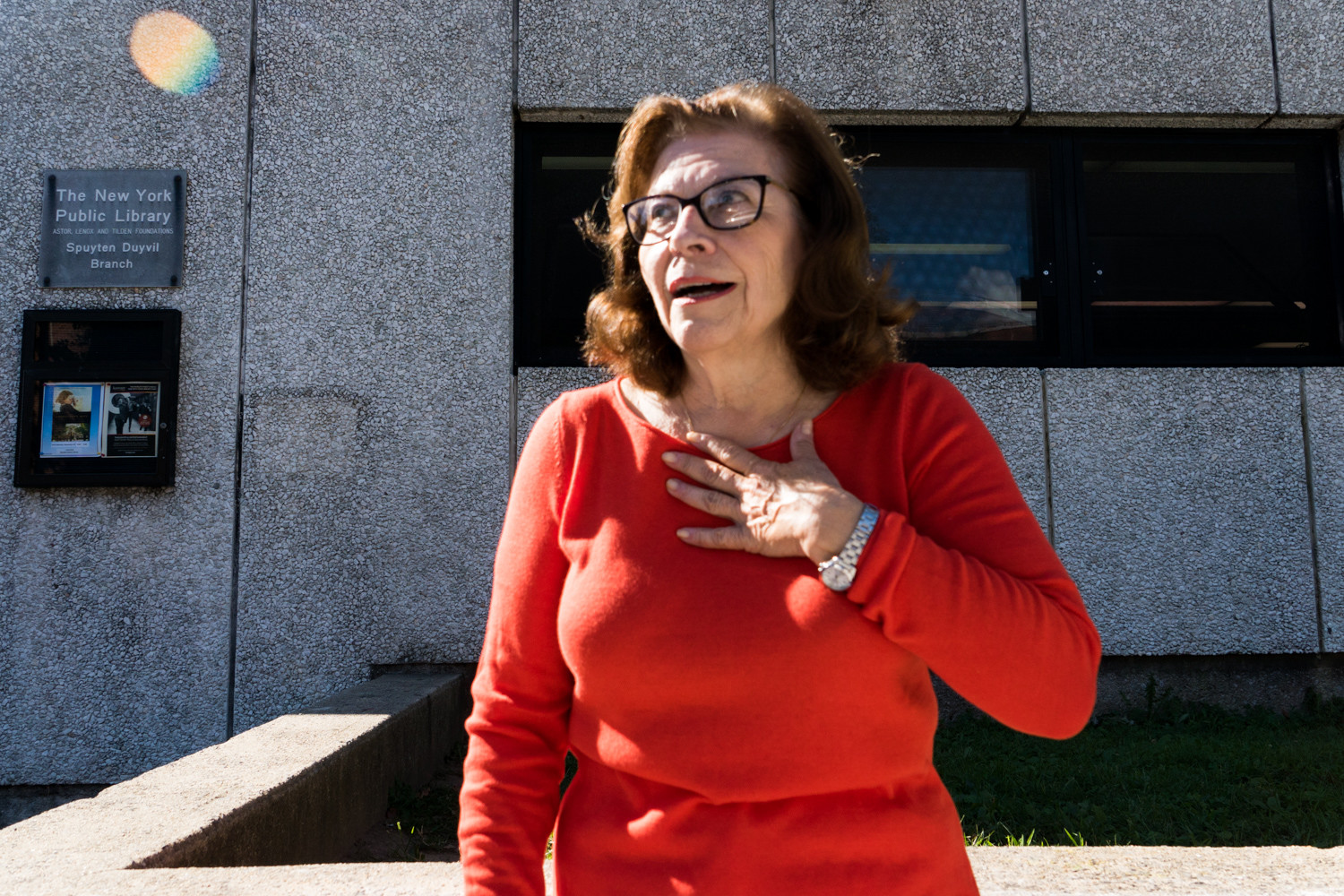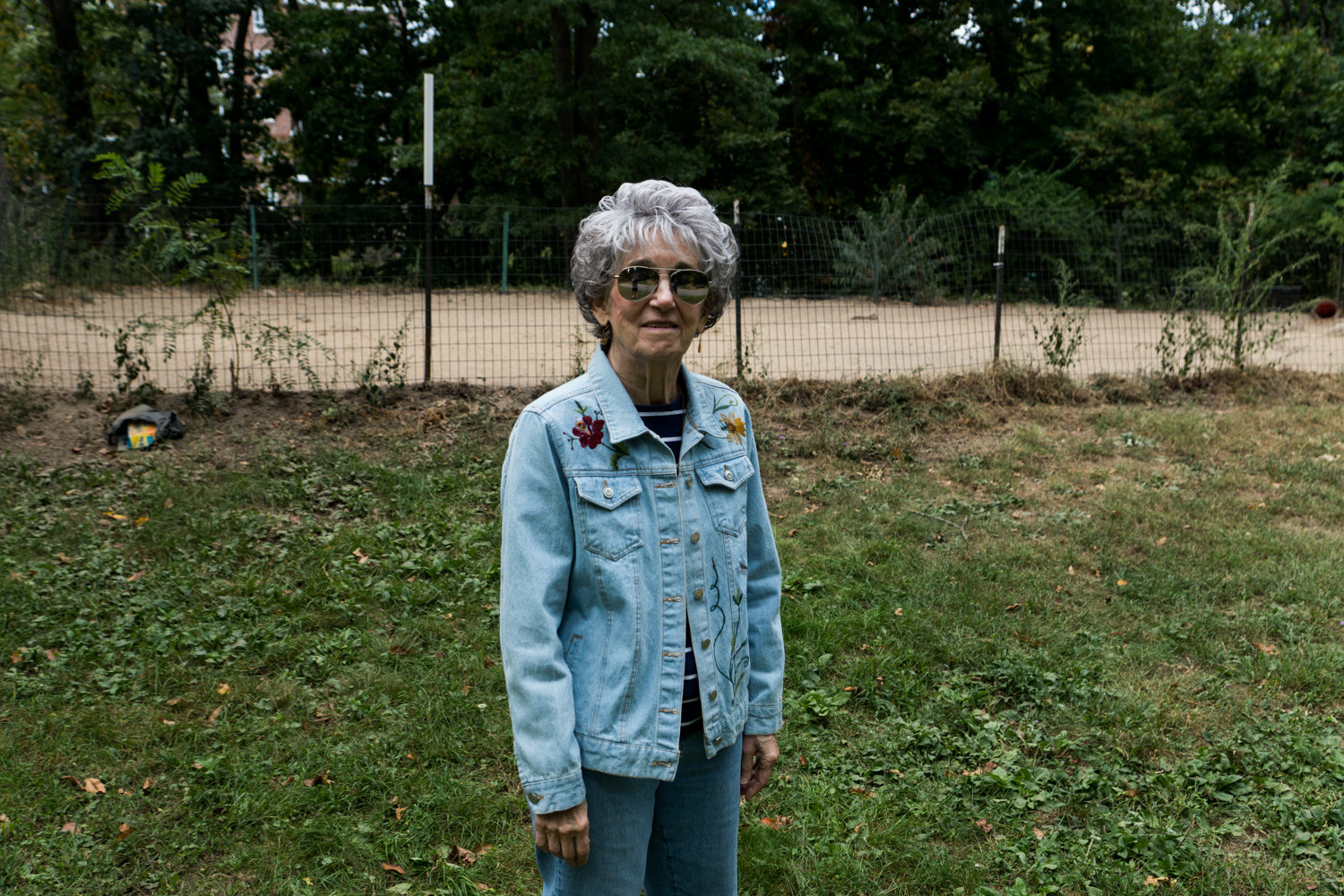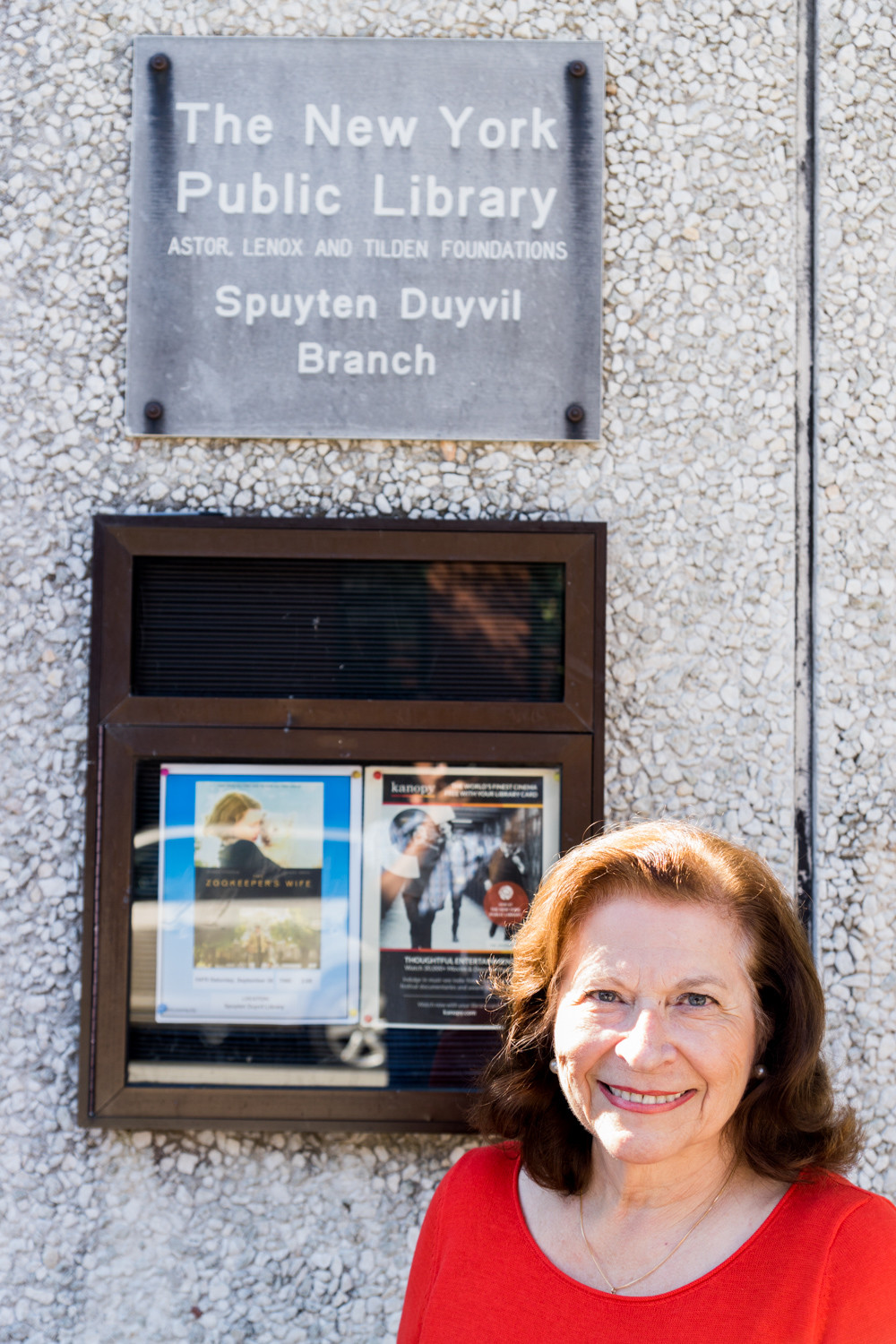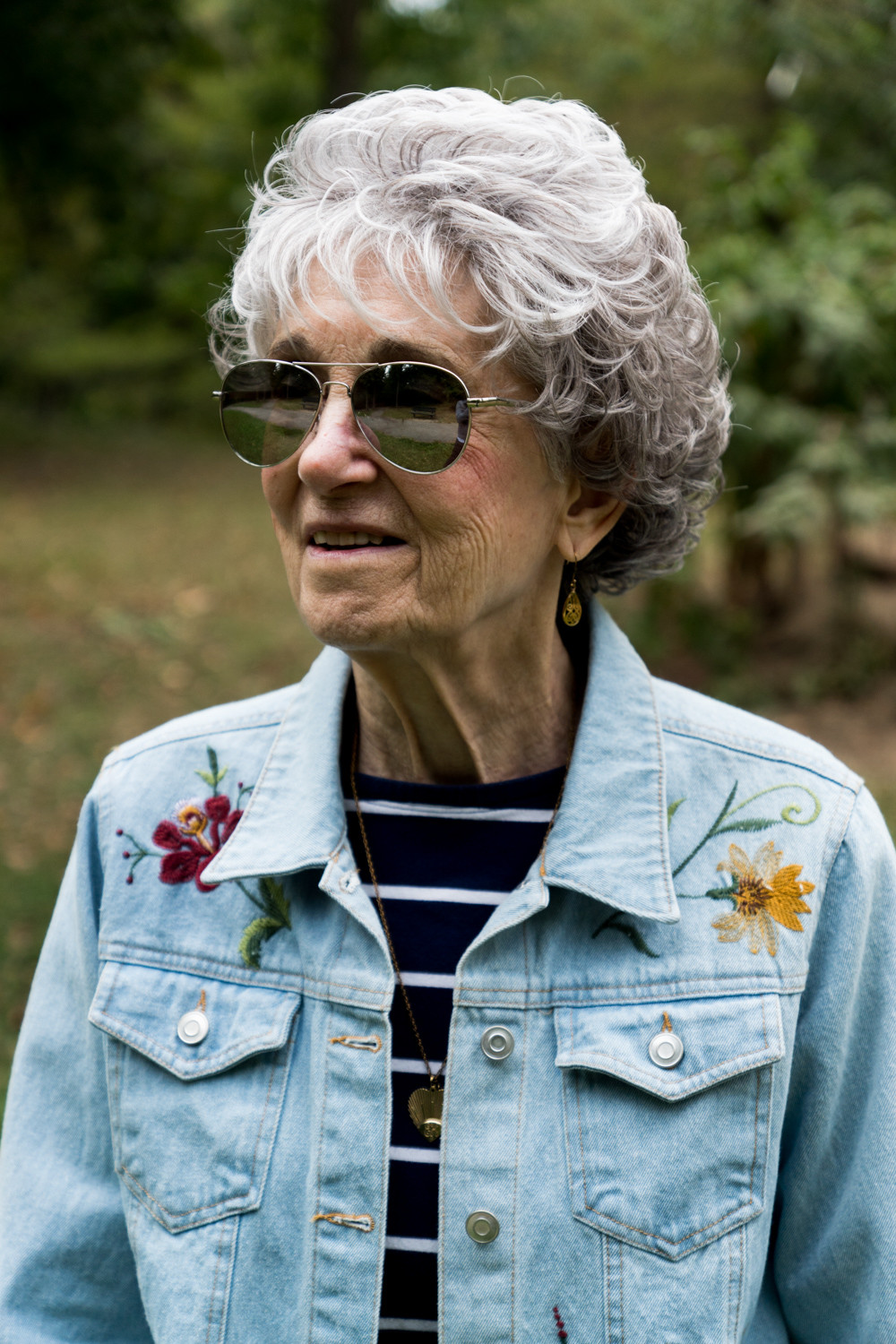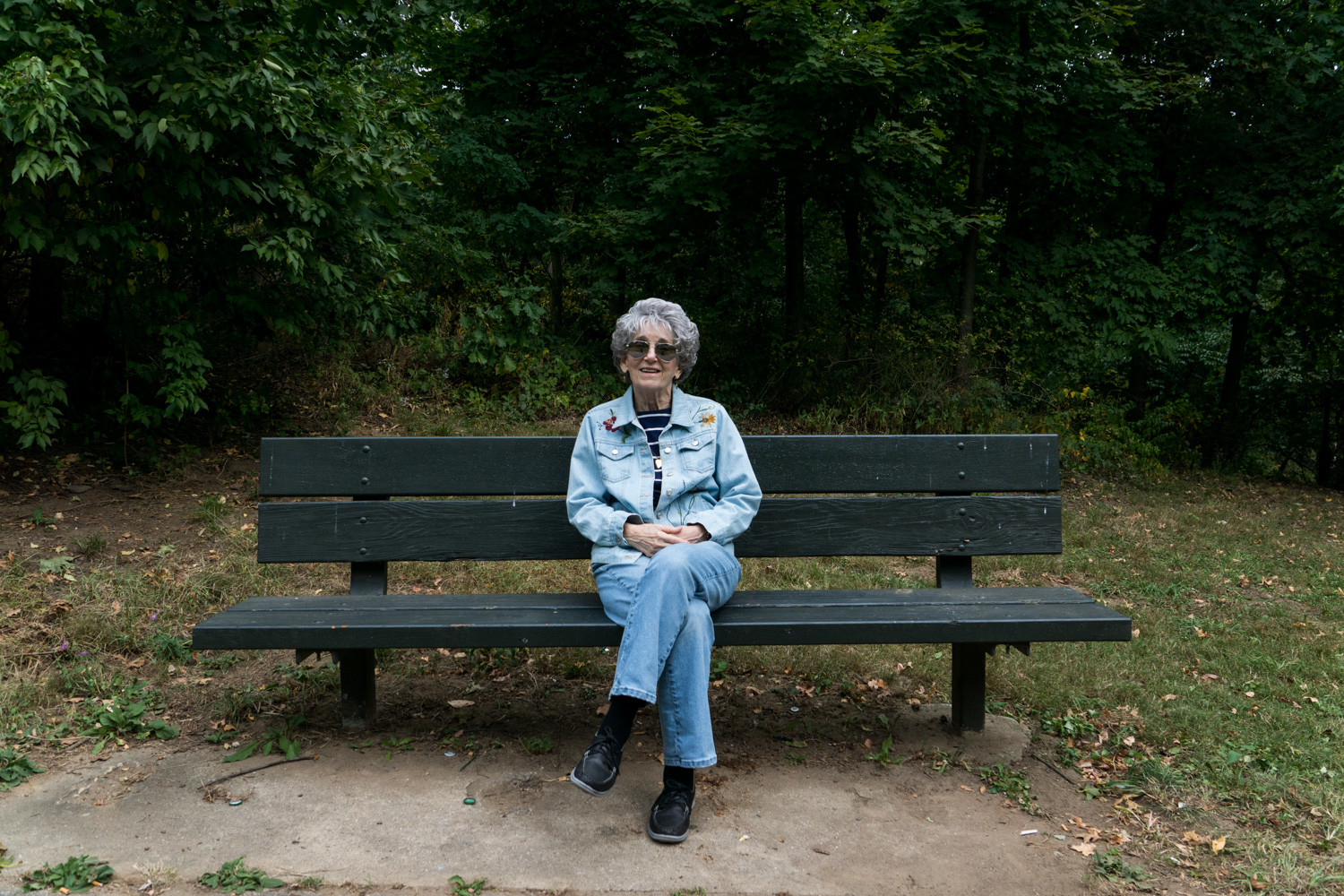Discovering 1 million ways to make a difference
If you could spend $1 million to improve your neighborhood, how would you spend it?
That was the question asked by Joshua Stephenson, community liaison for Councilman Andrew Cohen, at the Riverdale Library recently to help kick off the regular brainstorming gathering with a very institutional name: participatory budgeting.
Cohen and his colleagues on New York’s city council each receive discretionary funding each year, spent entirely by the community they serve. Eligible projects must be on city property like a park or street, cost between $35,000 and $1 million and have a lifespan of at least five years. Most importantly, it’s something that must benefit the community.
“I think a good way to learn about the neighborhood is to see what things they are funding,” said Katherine MacEnulty, a retired teacher who recently moved into the area.
Ideas already are trickling into Cohen’s office, including one from library volunteer Emilie Kaufman, who would like to see the city spruce up Hackett Park where West 254th Street and Riverdale Avenue meet.
“It’s rather deserted except for the dog run,” Kaufman said. “I think people don’t feel too safe there.”
Funding would cover landscaping as well as tables and chairs made of stone so that park visitors could sit and enjoy the day, or maybe even eat lunch on a nice sunny day.
Faye Landsman wants to renovate the library in Spuyten Duyvil to provide more space for young adult programming there. She’s drawing inspiration from the library where she previously lived in Saratoga, a place Landsman said had more of a community center feel.
But the money doesn’t have to go in just one place. One idea bandied about at the recent meeting was installing tree guards around Riverdale. Another discussed upgrading school science labs.
Ideas are important. But making those ideas actually come to fruition requires a little extra dedication in a volunteer position known as a budget delegator, Stephenson said. A delegator helps evaluate the feasibility of an idea and then crafting it into a proposal community members can vote on.
”When I found out we were giving away money to worthy things, I thought I would like to be involved in that, spread it around and get people involved and participate in the democratic process,” said Karen Green, who didn’t attend the Riverdale library session. The retired teacher has volunteered as both a facilitator and budget delegate with Cohen’s office in the past.
Participatory budget winners of the recent past include smart boards and laptop computers for schools like P.S./M.S. 95 Sheila Mencher and P.S. 344 AmPark Neighborhood School.
Other winning suggestions installed street security cameras for various New York Police Department regions like the 50th Precinct to install street security cameras within the district, and a bathroom upgrade at the Riverdale Library to meet ADA requirements.
For residents like Green, the process boils down to community members doing their part to improve the area, getting that direct say.
“We are learning how important it is for us to speak up and take a part in government decisions,” Green said. “This is one way that we can express ourselves.”
For more on the participatory budget process, email district11@council.nyc.gov.

